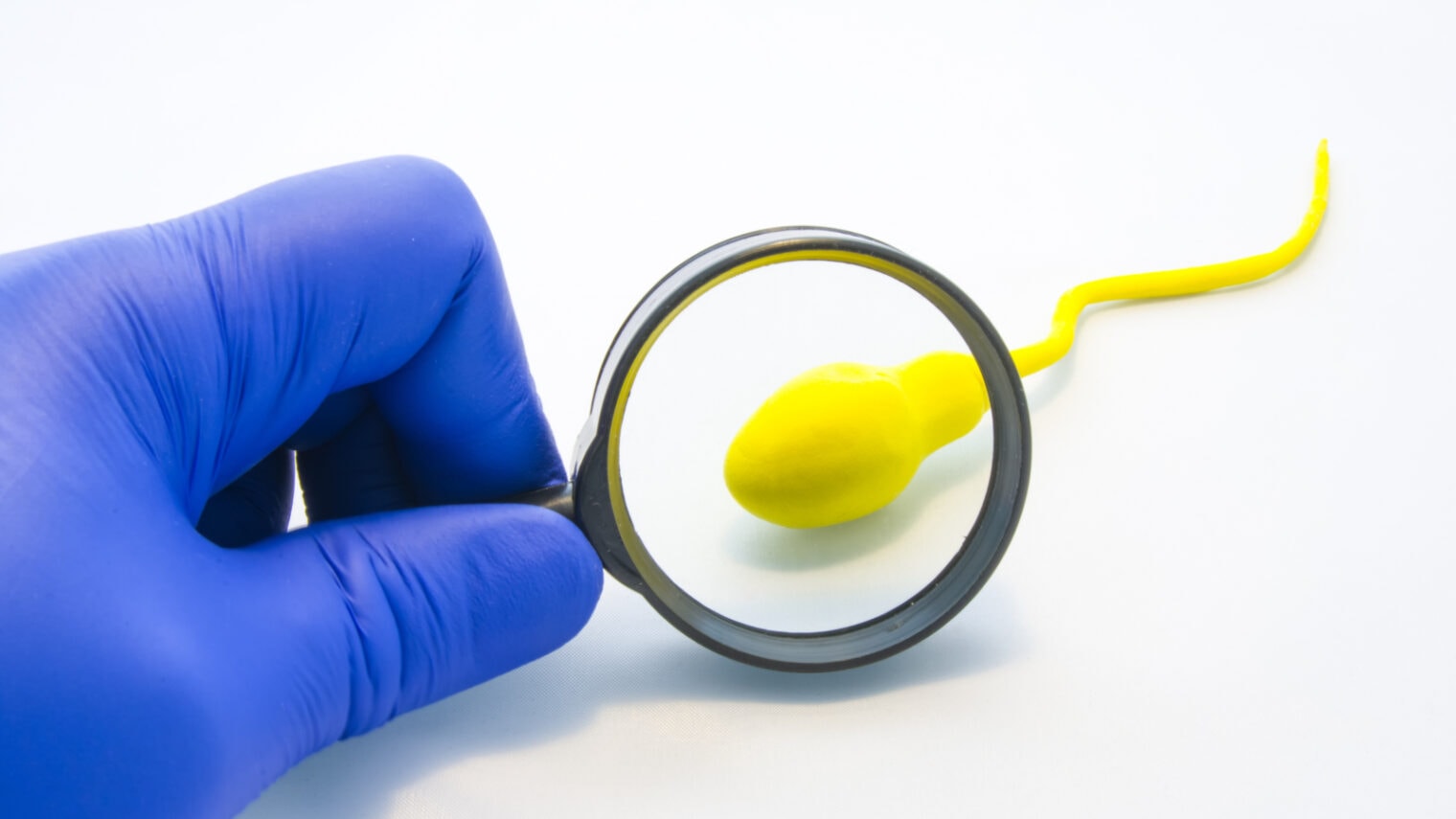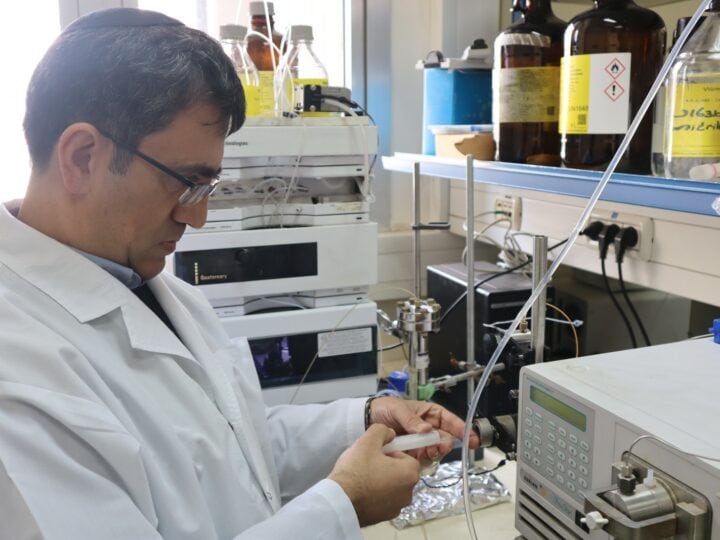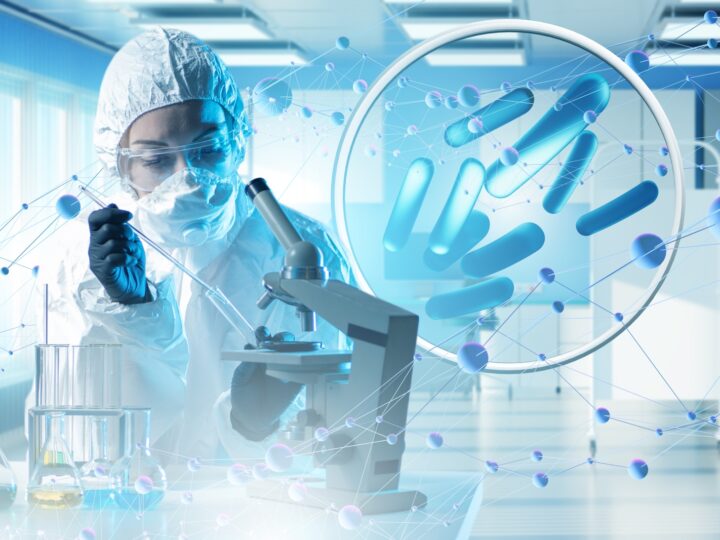The world’s first test-tube testes have been created by a group of researchers at Bar-Ilan University, signaling a huge advancement in several key fields of research such as fetal sex determination, male infertility solutions, and strategic conversation starters to get yourself excused from the Thanksgiving dinner table.
Grown from newborn mouse testicle cells by researcher Nitzan Gonen and her research students Aviya Stopel, Cheli Lev and Stav Dahari, the artificial testes are the spitting image of the real deal, right down to the complex pattern of internal sperm-producing tubes.
While it’s yet unclear whether or not the testes will be able to produce sperm cells, the researchers are hopeful that it will be possible, based on early signs of meiosis: a type of cell division that occurs in sexually reproducing organisms and signals gamete production.
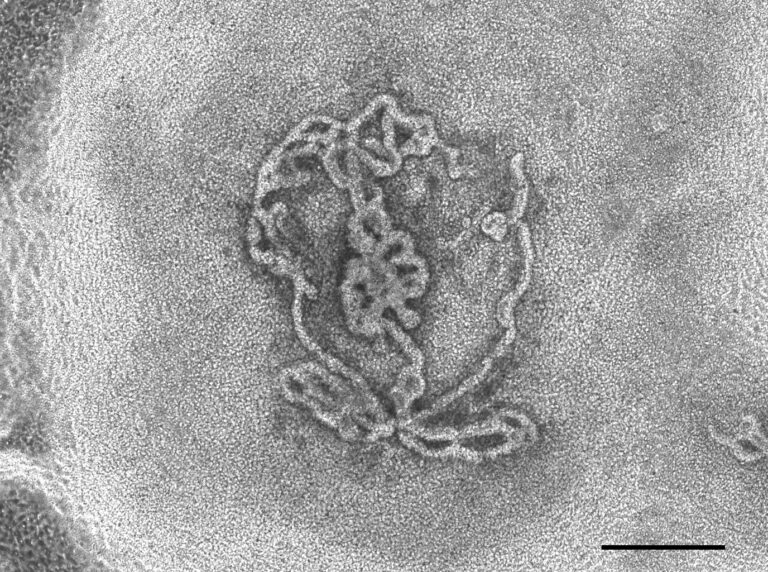
The research team didn’t do this just because they had the ingredients lying around and nothing better to do; until this discovery, there has been no method for the in vitro modeling of three-dimensional testicles, which has hampered scientific advancement related to their study.
2D models are the current go-to, but to put their shortcomings simply, they just don’t capture the same scientific je ne sais quoi that their three-dimensional counterparts possess.
Another alternative is to study non-detached mouse testicles, fresh on the vine. This works in some cases, but not all human conditions can be accurately replicated.
Disorders of sex development
As such, testicular organoids (the scientific term for “lab-grown organs”) offer a promising avenue for conducting research in a more efficient and effective manner.
“Artificial testicles are a promising model for basic research on testicle development and function, which can be translated into therapeutic applications for disorders of sex development (DSD) and infertility,” explained Gonen.
DSD, affecting 1 in 4,000 newborns, is a condition where sexual development is different from what is typically expected. DSD can affect how the body looks and functions, and it may also impact hormone levels and fertility. Despite advances, only half of DSD cases receive genetic diagnoses; the hope is that Gonen’s discovery will enable further research.
Male infertility
The testicles will also be helpful in studying male infertility which, despite its prevalence — infertility affects 1 in 6 people, and male infertility accounts for half of all cases — remains poorly understood, with limited knowledge of its genetic and environmental causes.
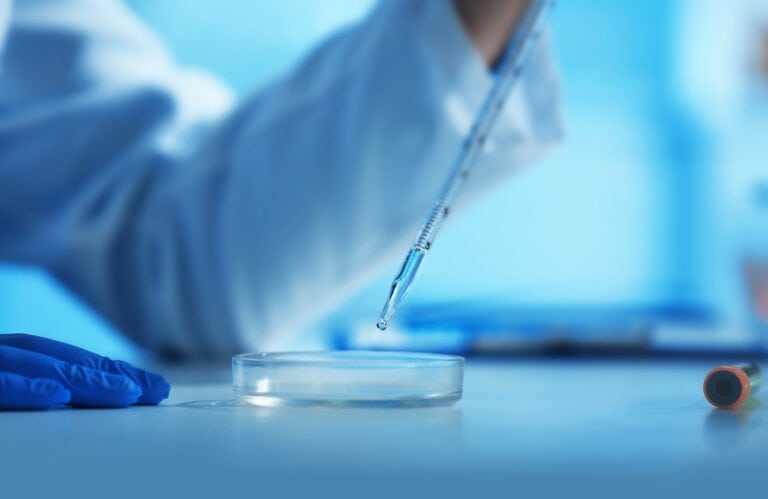
Gonen envisions a future where human-derived organoids serve as invaluable tools for clinical intervention.
For example, testes grown from human cells could offer hope to children undergoing cancer treatment, as cancer therapies often damage reproductive organs, compromising future fertility.
By extracting tissue from these young patients and cultivating testis organoids in the lab, scientists could cultivate sperm-producing testes for the patient in vitro.
The resulting sperm could be frozen, acting as a sort of testicular time capsule, until the patient reaches adulthood. The sperm could then be thawed out, ensuring genetic parenthood for the matured patient down the line.
I am no scientist, but I’m hoping that these manufactured man parts may also be used one day to scientifically prove, once and for all, whether or not the electromagnetic radiation emitted by my laptop is actually killing my sperm. If not, my mother can expect a very elaborate “I told you so” this Thanksgiving, shortly before I am excused from the table.




